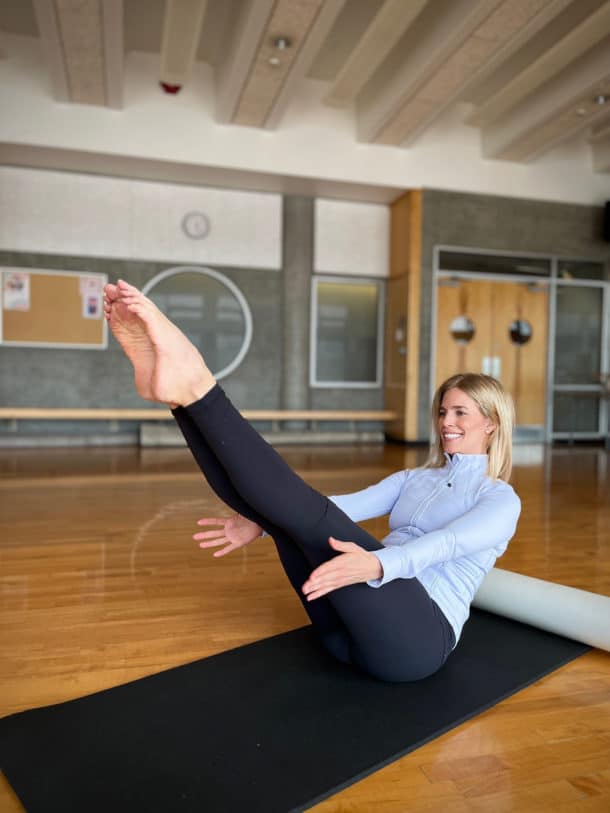How to keep your knee joints healthy and pain-free.
If you experience pain and swelling, stiffness and/or limited range of motion in your joint(s), you’ve probably damaged your cartilage or may have osteoarthritis.
Cartilage is the connective tissue on the end of bones that cushions joints and helps them move smoothly and easily. A bad fall or accident that delivers a direct blow to the joint can damage the cartilage causing pain, swelling and stiffness in the joint. Advanced age, excess weight and certain genetic factors can also cause the cartilage to breakdown and deteriorate.
So we spoke with Dr. Peter Gerbino, for his tips on how to preserve the cartilage in your knees so that you live pain-free for years to come.
Q+A with Peter Gerbino MD
Q1: What do you mean by good nutrition?
We follow David Katz, MD with the True Health Initiative for nutrition tips. He recommends a diet made up mostly of vegetables, fruits, beans, legumes, whole grains, nuts, seeds, and plain water for thirst. Do you concur or do you recommend something different?
PG: Sounds good to me.
Q2: Why is sleep important for injury prevention?
Is sleep important for the prevention of accidental injuries that can damage cartilage? Or is there a specific relationship between sleep and cartilage?
PG: Sleep is important. The lack of sleep over an extended period definitely increases the risk for injury both at home and on the job. There is no known association to cartilage.
Q3: How do you reduce the risk of high impact loading?
Are you referring to high impact exercises [ie. Running] and sports [ie. basketball, football, rugby etc.]? What about a highly physical job like construction?
PG: Running with a prior injury as well as all high impact sports and jobs increase the risk of cartilage damage. Give your body time to heal when injured and take measures to reduce the impact to your joints.
Q4: What types of infection affect cartilage?
How are infections that threaten the health of cartilage typically incurred?
PG: Blood infections or direct inoculation. Blood infections result when a bacterial infection elsewhere enter the blood stream. Whereas direct inoculation can occur after a trauma or surgery. When a blood infection occurs, timely diagnosis and treatment is important.
Q5: What are biomechanics?
Are you referring to an ergonomic assessment on the job, gait assessment and proper shoes? Or are you referring to something else?
PG: Yes. Excess body weight changes your biomechanics which affects the alignment of the knee and wear of the cartilage. People with excess body weight often experience increased musculoskeletal pain and foot discomfort during weight-bearing activities as well. Talk to your doctor.
Q6: Do you recommend supplements?
Given that you put a question mark by supplements, is there any benefit from taking supplements?
PG: Some supplements might help: chondroitin sulfate and hyaluronic acid. Those taking prescription medications should consult their doctor for possible drug interactions before taking supplements.
Q7. How do you manage inflammation & crystal deposition?
Is the main issue proper and timely diagnosis of the condition or is management of the condition to prevent damage more of an issue?
PG: Accurate and timely diagnosis and management of the condition are equally important for preserving the health of your cartilage.
Q8. Does cartilage heal with exercise?
A balanced exercise program that includes stretching, cardio and strength conditioning can prevent damage to the cartilage. Can exercise also help heal damage cartilage? Richard Bedard wrote a book claiming he saved his knees.
PG: Cartilage does heal, but very slowly. Exercise can help.
Contact Us
Please email us to request more information about our services and collaborations.
Stay Connected
Subscribe free to receive our latest tips, workouts, exclusive offers and community notifications every Monday.



